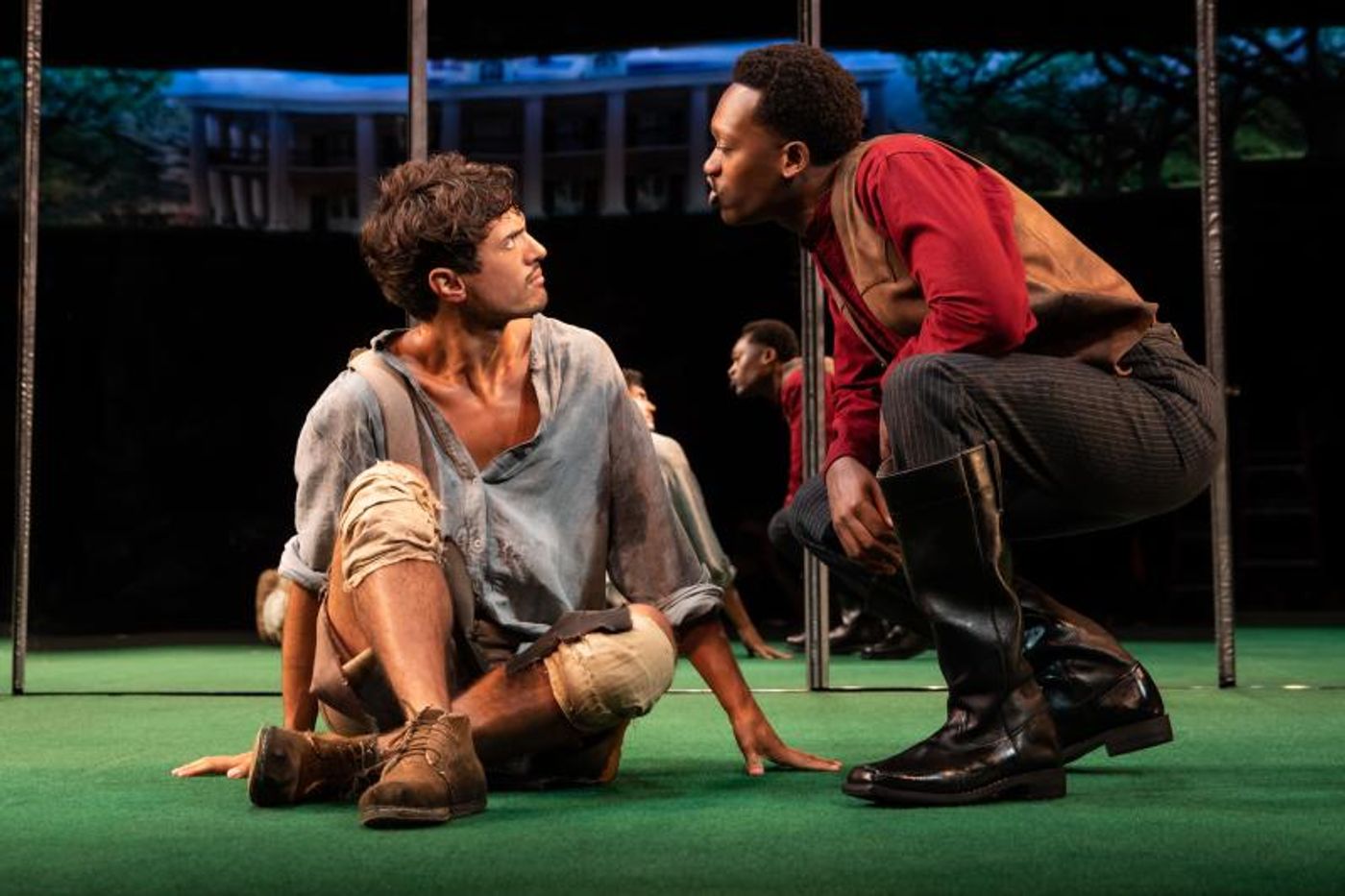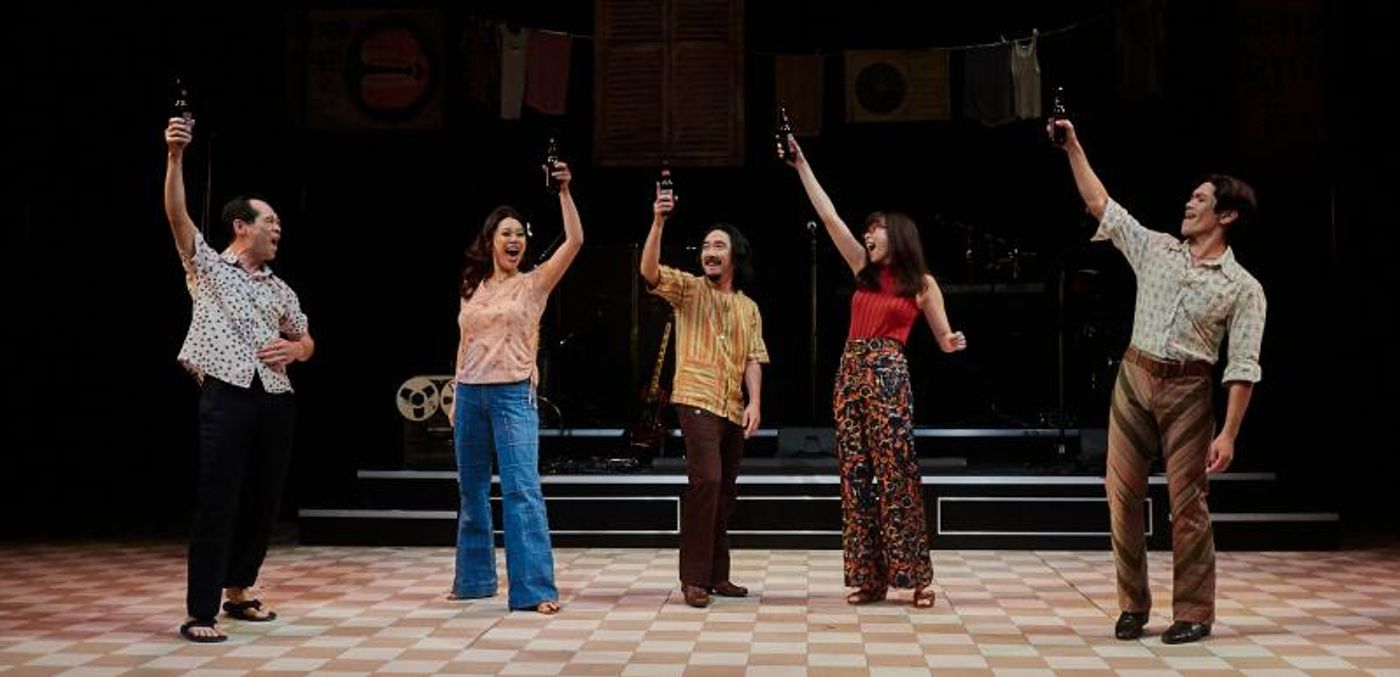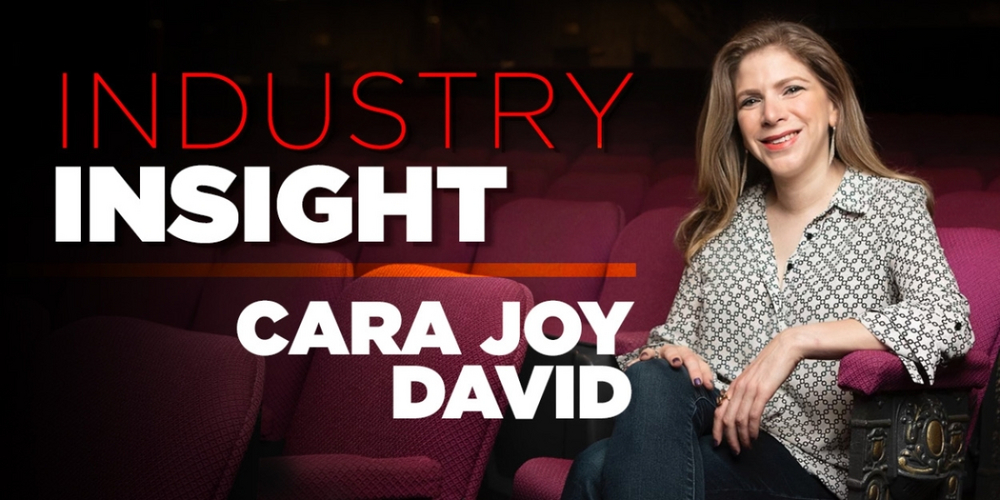Industry Editor Exclusive: Broadway 'Blackouts' and Making Theatre More Diverse
The discussion about how to get more diverse audiences--in terms of age, race, pretty much everything--in the theater has been going on for decades. Recently, this has led to a movement toward dedicated nights for members of a certain race or ethnicity.
Film studios caught on to this idea a long time ago, offering preview screenings to certain demographics. But theater has been slower to it, partially because theater is slower to most things and partially because of real world impediments. As ChiChi Anyanwu--who has consulted on, and hosted, these targeted nights--explained, it is often difficult for theaters to reserve an entire space for a certain group. This is especially so for non-profits who have subscribers in most nights. "We've had some shows where we could only do part of the theater or a discount code," she said.
These types of nights are however now happening more at theaters across the country. The events are typically accompanied by a talkback, a mixer or both. This fall, the Broadway production of SLAVE PLAY had a performance exclusively dedicated to a black audience, aka a "Black Out" night. The show had one more last week. Both worked in the same way: tickets were offered to certain groups and non-profits (many comped) and then, a few days before each performance, playwright Jeremy O. Harris started widely sharing a code with which you could purchase tickets for the nights. Tickets for the special performances were either $45 or $100. To be clear, while tickets were on sale, the performances were technically "invitation only." It is simply that if you had the code, you were invited. And non-black audience members who used the code to purchase their tickets, or attended as a guest of someone who did, were not turned away. (There are legal reasons for such things.)

The idea to do this for SLAVE PLAY, which focuses on the black experience and racial differences in perception, came out of a conversation musician Kelela had with Harris. It started with a black-focused theater night while the show was at New York Theatre Workshop. That was not an exclusive night, but more along the lines of what off-Broadway theaters had done previously, a targeted night that was not a full buyout. (As but one example of this happening in the past, when Dominique Morisseau's PIPELINE was off-Broadway at Lincoln Center in Summer 2017, there were several nights that were meant to target audiences of younger people of color.)
Greg Nobile, whose Seaview Productions serves as the lead producer on SLAVE PLAY, said he did not attend the Broadway "Black Out" nights because they were not "intended for [him]." However, he was there prior to the start of the show and called the atmosphere "electric" and "like a rock concert." A few audience members I spoke to concurred with this assessment. And people who have attended other similar nights at theaters also spoke highly of the experiences they had.
Anyanwu--who worked with the SLAVE PLAY team and is working with Signature Theatre on a full off-Broadway "Black Out" night for Katori Hall's THE HOT WING KING--said these nights are very special, but not right for every show. "If you're doing something that you think the African American community would be attracted to, it is kind of awkward when you have a predominantly white creative team," she explained, citing the musical THE WRONG MAN as a show she decided was ill-suited for her services. "I do think there is something refreshing when the book of a musical or a play is written by an African American. I think that is something the community is very big on rallying around."
The "Black Out" night at THE HOT WING KING is part of a Signature Theatre effort to attract diverse audiences that also includes two Asian American Nights for the Signature staging of Lauren Yee's CAMBODIAN ROCK BAND.

Maya Shah, Signature's Assistant Director of Marketing, said the playwrights really wanted to have these special experiences for their shows. Despite the logistical concerns, Signature was "all aboard" on the idea and "there was no question" on giving the entire space to the relevant groups on those nights. Shah said there was originally only one Asian American night scheduled for CAMBODIAN ROCK BAND but it sold out so quickly, they added another one. Signature is working with a variety of people and organizations for outreach on these nights. Unlike the SLAVE PLAY nights, which were more for those "in the know" until very close to the performances, Signature has blasted out the relevant ticket codes on all their releases.
"The demand has been both overwhelming and exciting and really heartwarming," Shah said. So much so that they may try these nights in the future.
Of course, these nights are not stand-alone efforts. Signature, Anyanwu, the SLAVE PLAY team and myriad others are working diligently to try to increase diversity every single night. Anyanwu is encouraging theaters to provide discount codes to certain groups. This isn't all altruism or a sense of what should be, but rather the productions are often helped. Noble stressed that SLAVE PLAY plays better when the audience isn't all white. And, of course, word-of-mouth hopefully is enhanced by this type of outreach.
While every single person spoken to emphasized the need for diversity in theater audiences, a few people who spoke off-the-record worried that this was increasing segregation. Nobile scoffed at those concerns.
"I think we've had many many years of white outs in the theater and nobody seemed to really take issue with that," he stated. "Most nights on Broadway there are so few people of color, so the fact that we are making space to have a show that deals with this subject matter be free of the white gaze is something I will stand by until the end of time."
Videos


